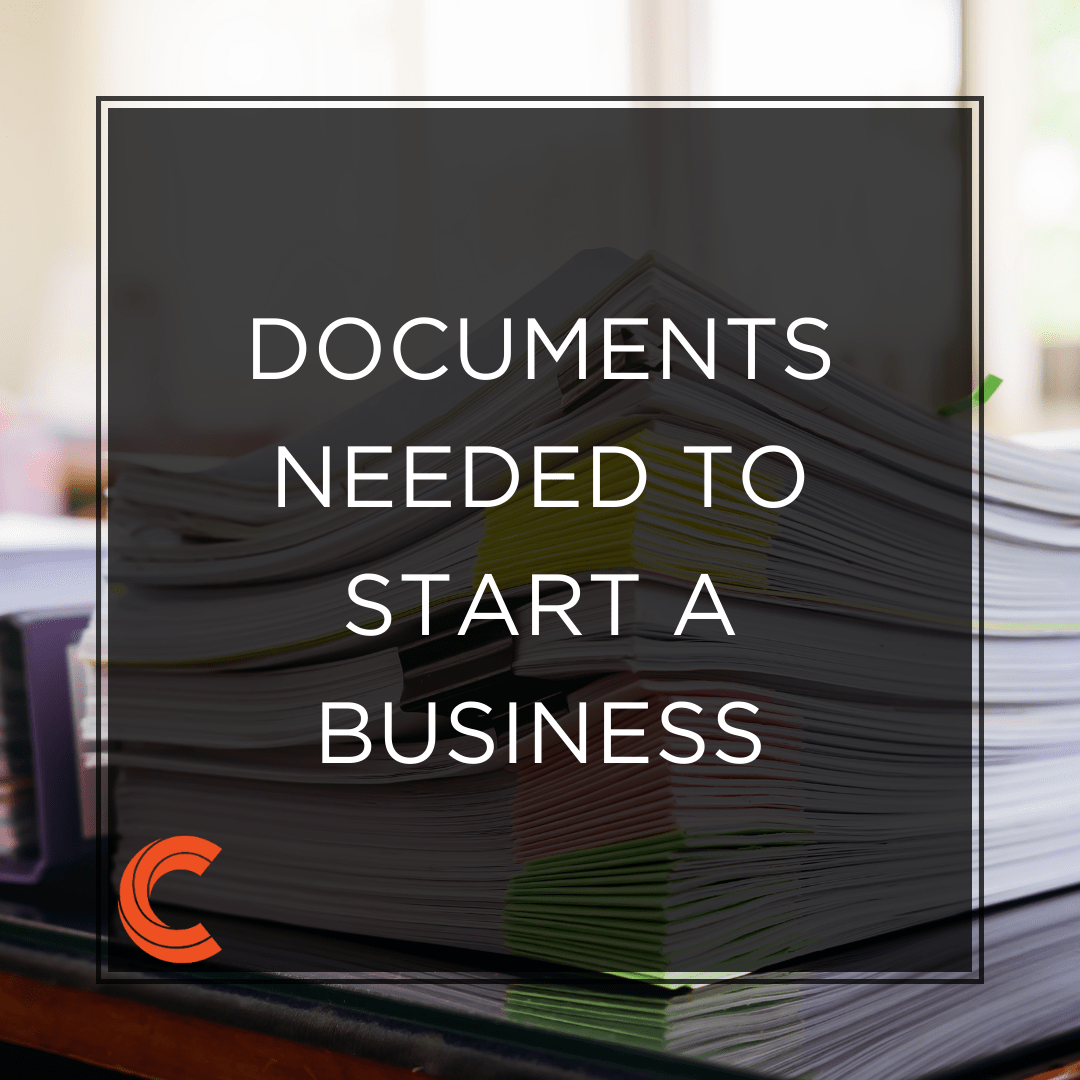Turning your business idea into reality is exciting! But before you open your doors or launch your website, there are essential legal and financial steps to take. This blog post provides a checklist of key documents you’ll need to start your business and set yourself up for success.
Business Formation Documents
- Business Plan:
- While not a legal document, a well-defined business plan is crucial for securing funding, outlining your strategies, and ensuring your business is viable.
- Business Name Registration:
- Choose a unique and catchy name for your business. Most states require registering your business name to claim legal rights to it.
- Business Structure Selection:
- Choose the most suitable legal structure for your business, such as sole proprietorship, partnership, LLC, or corporation. This decision impacts taxes, liability protection, and ownership.
Tax and Regulatory Documents
- Federal Employer Identification Number (EIN):
- An EIN is a unique tax identification number for your business. It’s required for opening a business bank account, hiring employees, and filing taxes.
- State Tax Registration:
- Most states require businesses to register for state taxes, even if you’re a sole proprietor.
- Business Licenses and Permits:
- Depending on your business activity and location, you might need specific licenses or permits to operate legally. Check with your local government and industry associations for license requirements.
Business Operation Documents
- Operating Agreement (for LLCs):
- An Operating Agreement is a legal document outlining ownership, management structure, profit sharing, and dispute resolution procedures for LLCs.
- Bylaws (for Corporations):
- Similar to an Operating Agreement, bylaws establish governance rules for corporations, including shareholder rights, board of directors’ responsibilities, and meeting procedures.
- Business Bank Account:
- Maintain a separate account for your business finances. This keeps your business and personal finances distinct, simplifying bookkeeping and tax filing.
- Contracts and Agreements:
- Standard contracts may be needed for vendor agreements, employee contracts, or customer service terms. Ensure these are clear and legally sound.
Additional Documents to Consider
- Insurance Policies:
- Consider business insurance to protect against potential risks like property damage, liability claims, or employee injuries.
- Non-Disclosure Agreements (NDAs):
- Use NDAs when sharing confidential business information with partners, vendors, or employees to protect your trade secrets.
- Intellectual Property Protection:
- If your business involves unique inventions, trademarks, or copyrights, consider registering them to safeguard your intellectual property rights.
Seeking Legal Help for Business Formation
The process of starting a business can involve complex legal and regulatory requirements. Partnering with a business law firm like Carbon Law Group offers valuable benefits:
- Choosing the Right Business Structure:
- An attorney can help you understand the pros and cons of different business structures and choose the one that best suits your needs.
- Ensuring Compliance:
- Attorneys can guide you through the legal and regulatory requirements for starting and operating your business.
- Drafting Essential Documents:
- They can draft key documents like Operating Agreements, bylaws, and contracts to ensure they are legally sound and protect your interests.
- Assisting with Licensing and Permits:
- Lawyers can help you navigate the process of obtaining necessary licenses and permits for your business activity.
Conclusion
Starting a business can be an empowering journey. By gathering the necessary documents, understanding legal requirements, and potentially seeking professional assistance, you can lay a strong foundation for success. This checklist provides a starting point, but remember, legal and regulatory requirements may vary depending on your location and industry. Don’t hesitate to consult with Carbon Law Group for personalized guidance and ensure your business is launched on the right foot. With the right documents and legal support, you can turn your entrepreneurial dream into a thriving reality.





